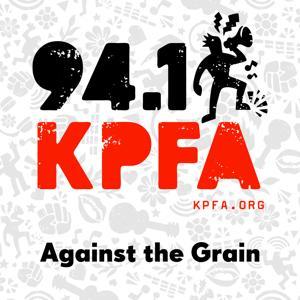
Sign up to save your podcasts
Or



By KPFA





5
77 ratings



The podcast currently has 1,028 episodes available.










The podcast currently has 1,028 episodes available.

65 Listeners

57 Listeners

204 Listeners

53 Listeners

49 Listeners

48 Listeners

52 Listeners

270 Listeners

21 Listeners

7 Listeners

155 Listeners

336 Listeners